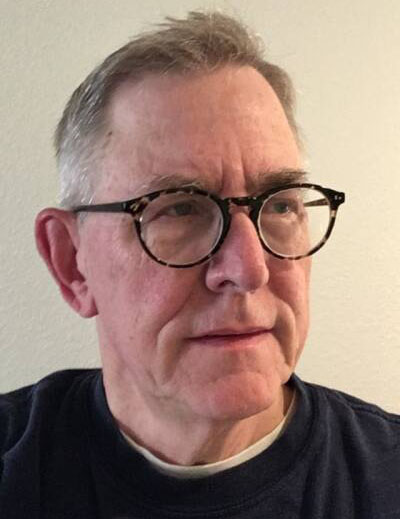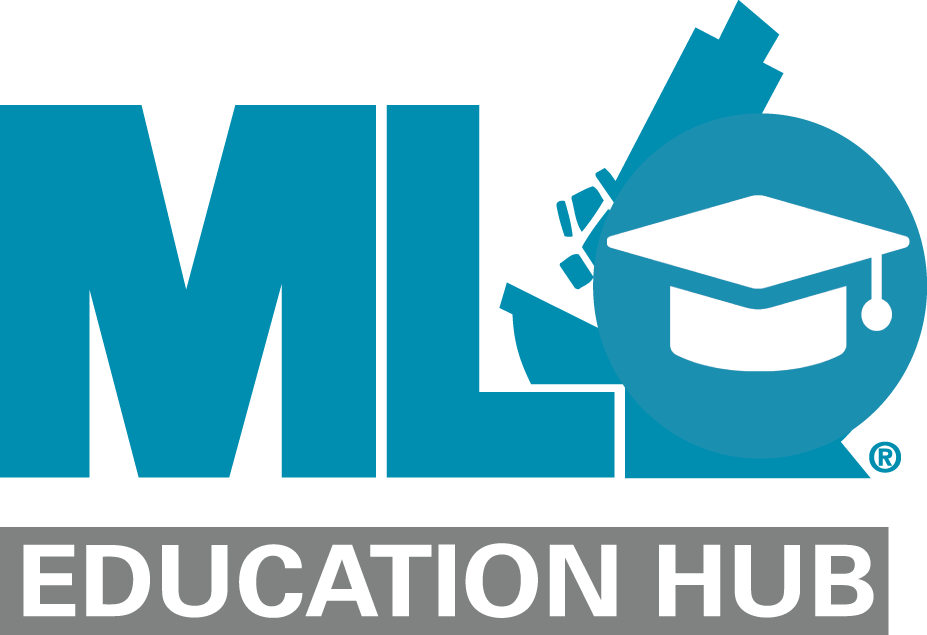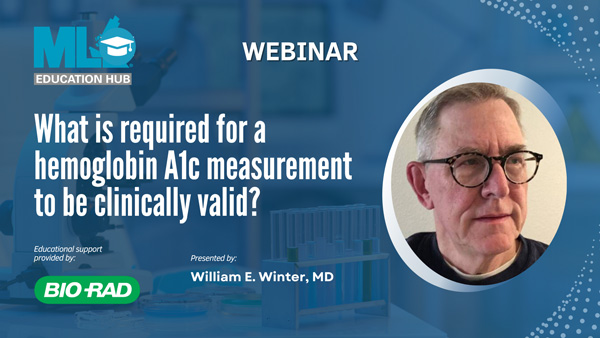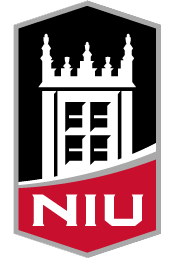Date: November 14, 2025 | 11:00 AM EST / 10:00 AM CST
Duration: 1 Hour
Location: Online
Number of Contact Hours: 1
Presenter: William E. Winter, MD
Sponsor: Bio-Rad Laboratories, Inc.
Level of Instruction: Intermediate
Cost: Free
HbA1c is formed by the non-enzymatic addition of glucose to the N-terminal valine of the Hb beta chain. Chronically elevated plasma glucose concentrations increase HbA1c levels. HbA1c measurements can be used to predict diabetes, diagnose diabetes (and prediabetes), and assess the patient’s risk for microvascular complications. Reducing HbA1c levels reduces this risk. Several methods are available for measuring HbA1c: immunologic, enzymatic, and separation technologies (HPLC, CE and boronate affinity). HbA1c is affected by the patient’s glycemic control (e.g., plasma glucose), red blood cell (RBC) lifespan and glycation rate. For a HbA1c measurement to be valid, HbA must be present, the RBC lifespan must be normal, and the glycation rate must be normal. Reduced RBC lifespan can result from hemolysis, an increased proportion of young RBCs, transfused blood, renal impairment, or liver disease. Genetics and ethnicity also affect HbA1c to variable degrees. An increased glycation rate appears to occur in iron deficient states although variations in glycation rates are otherwise not strongly documented by the literature. HPLC and CE measurements of HbA1c can suggest the presence of interfering hemoglobinopathies or thalassemias. If HbA1c should not or cannot be measured, SMBG, CMG or measurements of glycated plasma proteins can be used to assess glycemic control. Lastly, the evaluation and management of possible analytical or biological interferences is discussed.
Learning Objectives
At the conclusion of this seminar, the attendee will be able to:
- Explain the biology and biochemical formation of HbA1c.
- State the clinical uses of HbA1c measurements.
- List major methods that are used to measure HbA1c.
- Define and assess the factors that influence the validity of HbA1c measurements.
- Select methods that can recognize the presence of hemoglobins other than HbA.
- Recommend methods to assess glycemia if HbA1c cannot or should not be measured.
- Evaluate patients and samples for possible biological or analytical interferences.
About the Presenter

William E. Winter, MD, is board-certified in pediatrics, pediatric endocrinology, chemical pathology, and clinical chemistry. A Fellow of both the College of American Pathologists (CAP) and the Academy of the Association for Diagnostics and Laboratory Medicine (ADLM), Dr. Winter has served in multiple leadership roles at the University of Florida, including Director of Pathology Residency and Medical Director for Clinical Chemistry, Phlebotomy Services, and Point-of-Care Testing. He has practiced pediatric endocrinology for over 25 years and was principal investigator for several NIH-funded diabetes studies, including TrialNet, TEDDY, and RADIANT. A San Francisco native, he earned his BS in chemistry from Santa Clara University and his MD from Loyola University Chicago.
Supported in part through an unrestricted educational grant by:






